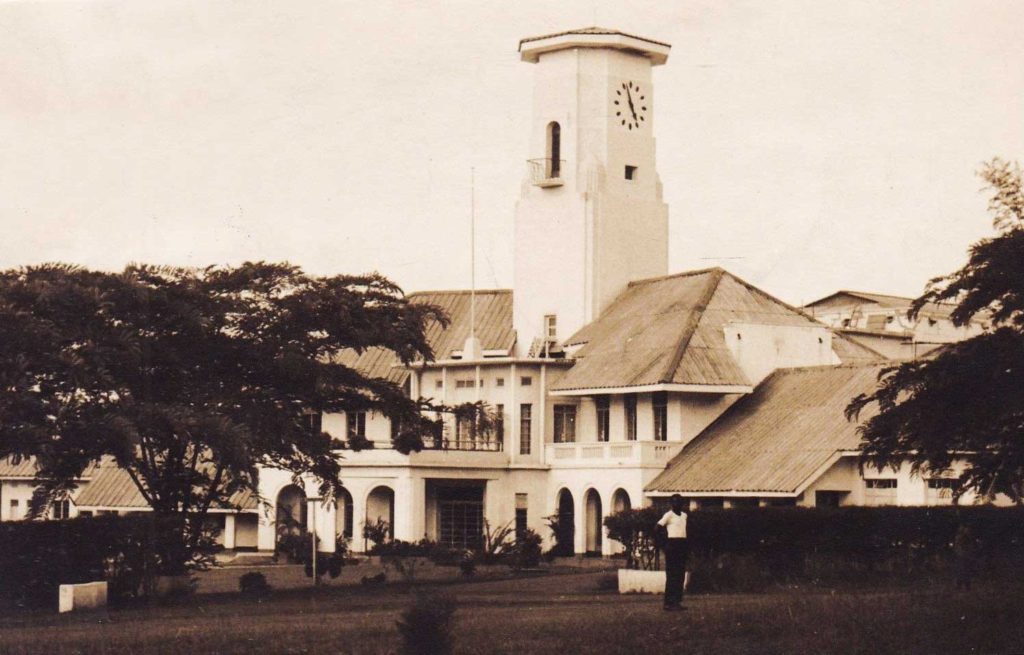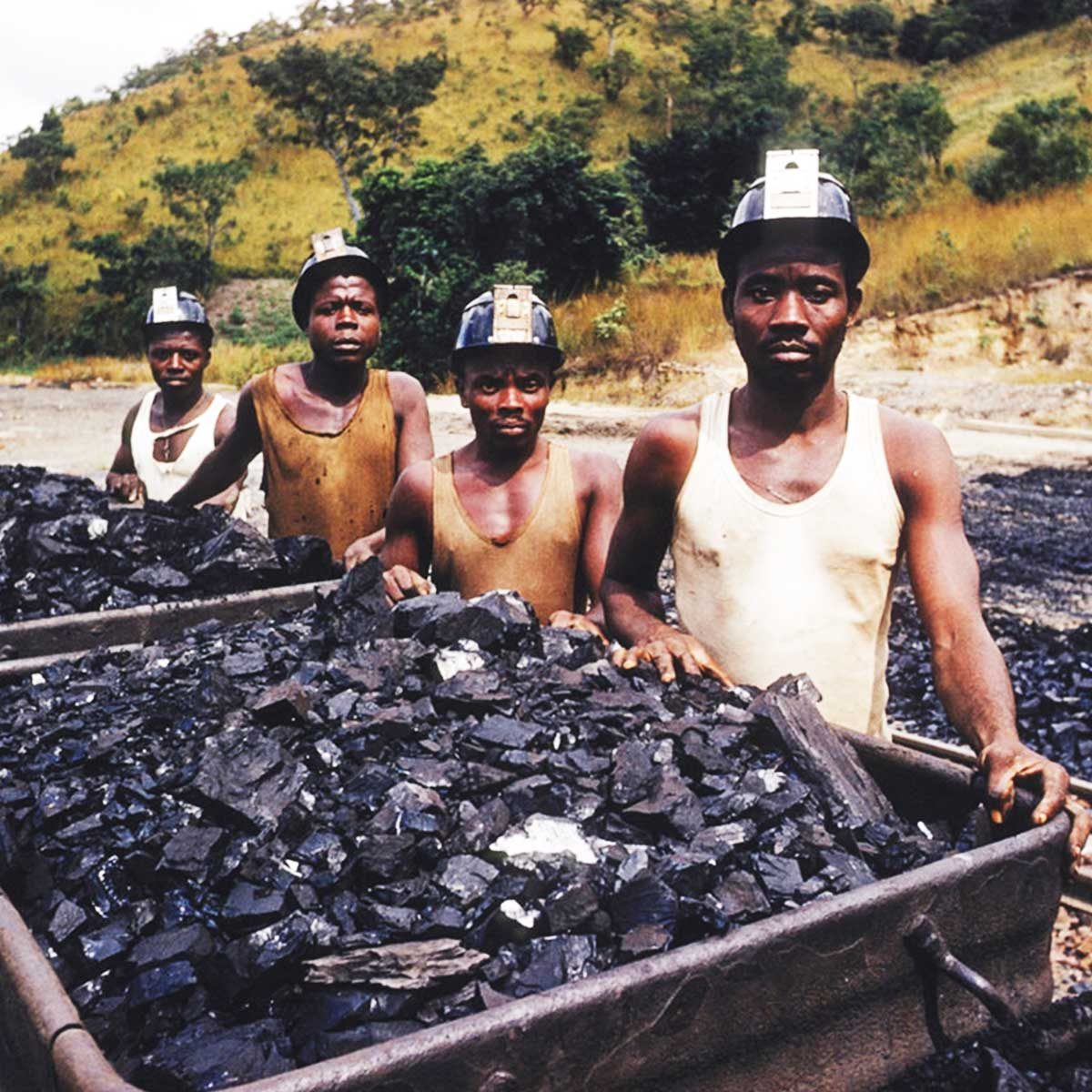Onye Nkuzi
Twitter: @cchukudebelu
Christian, Igbo, Nigerian, African. A complex personality, not a stereotype – Western Media take note. An admirer of M.I. Okpara – an unsung Nigerian hero.
Enugu Stadium is top quality infrastructure. What many of us might not know is that it was built by a local construction firm in the 1980s, owned by Sir Joseph Nwankwu.
I’m not sure whether it is accurate to say that the Civil War “destroyed our key elements of culture”.
Right up to the mid 1980s, people asked where your money came from. The millionaires of that era like R.O. Nkwocha, Augustine Ilodibe, Igwe Ugochukwu (Abilikete of Umunze) all had thriving businesses – you knew how they made their money.
Aba was a boom town due to its proximity to Port Harcourt. Ships still used to berth at Port Harcourt in those days (my father imported his car via Port Harcourt, not Lagos in the 1980s). Those who were into industrial goods and metal work that fed the oil industry broke bank.
Things took a turn for the worse when the naira collapsed and real incomes dropped by 70%. The attitude of the Babangida regime to corruption didn’t help matters. That’s when we started hearing about people who were rich, but couldn’t explain their sources of income.
And this is not just an “Igbo problem”, it is a Nigerian problem. No reasonable parent in 1980, would sit by and allow his/her kids to make money by defrauding unsuspecting foreigners (they call it “yahoo yahoo” business).

Today, parents even encourage their kids to do so.
If you ask a Colombian what destroyed the moral fabric of his nation, he’ll tell you, “the drug trade”.
Nigeria was/is a key node in the global drug trade – and easy money from several sources – drugs, embezzlement & 419 have shaped the modern Nigerian psyche.
Edo State didn’t see the worst of the Nigerian Civil (there was a brief occupation of Benin as part of a push towards Ore, which was repelled), but it is now the epicenter of illegal immigration from Nigeria to Europe and trafficking of girls for prostitution abroad.
If you critically examine the 1980s and 1990s, no region was spared the adverse impact of a long-term recession, economic sanctions and long-term youth unemployment. In some regions, it led to religious extremism, in other regions, it led to a spike in criminal behaviour.
Lest I forget, the 1980s and 1990s is when the Niger Delta Militancy took off. The impact of that militancy on Nigerian society will be studied by future scholars – but remember, they started off by kidnapping expatriates, then locals, now kidnapping has spread to even the North.
So if you want to come to terms with Nigeria, study the 1980s and 1990s. That is when this thing began to unravel.
You can follow @cchukudebelu. Feb, 26, 2020


